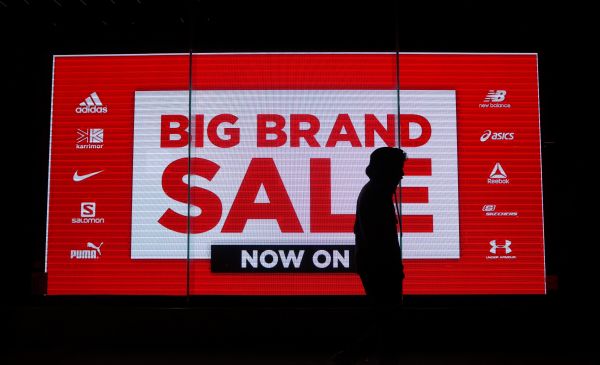Branding Strategy Insider helps marketing oriented leaders and professionals like you build strong brands. BSI readers know, we regularly answer questions from marketers. Today we hear from Pam, a VP of Marketing in Miami, Florida who has this brand strategy question.
I work on a service business that is within a highly saturated b2b category. The company has experienced impressive growth without a formalized marketing program or any established brand identity. My challenge is to clearly define the business brand positioning and integrate it throughout a comprehensive communications plan to support an aggressive sales plan over the next 2 years. I have spent countless hours reviewing competitive positions only to find terms overused or a dozen companies saying the same message. We have done primary research, product analysis and evaluated target markets, however establishing clear positioning has become extremely difficult. We have hired an agency partner who has accomplished many brand successes, but this project is proving to be more complicated than expected.
What am I missing? Any suggestions on how to identify a unique brand promise in a very crowded arena of competition?
Pam, thanks for your question. You mentioned that you conducted primary research. In that research, did you ask your target customers how well they perceived your company/brand to deliver against the most important category benefits compared to other companies/brands in the same category? That would help you identify brand positioning opportunities. Assuming that you have done this and that all companies are roughly equal, you should consider techniques used to differentiate commodities. These include:
- Superior product or service consistency (quality control)
- Ability to customize the product or service to a customer’s specific needs
- Superior responsiveness (order fulfillment, technical support, customer service)
- Unique bundling/unbundling of products/services
- Superior range of products and services
- Value chain integration
- Identify your most important/profitable customers
– Conduct conjoint analysis to determine what they value the most
– Tailor your products and services to meet their specific needs
- Ingredient branding
- Unique packaging
- Unique distribution
- Establish the brand as a badge
- Create a superior purchase/usage experience
Also, when all companies’ products are indistinguishable within a given product category, marketing communication itself often becomes the most important source of brand differentiation and emotional connection with the customer. The company whose marketing communication is the most frequent, unique, admirable and entertaining begins to gain mindshare, which usually translates to increased market share. You may also want to see our blog posts on Worthless Brand Values and Achieving Brand Differentiation. I wish you the best of success in differentiating your brand.
Have a question related to brand or growth strategy? Just Ask The Blake Project
The Blake Project Can Help: The B2B Brand Positioning Workshop
Branding Strategy Insider is a service of The Blake Project: A strategic brand consultancy specializing in Brand Research, Brand Strategy, Brand Growth and Brand Education





2 comments
Babacita
October 5, 2011 at 9:19 am
Excellent discussion here! I do agree, when all companies’ products are indistinguishable… marketing communications becomes the most important source of brand differentiation.” In utilizing marcom, making that emotional connection and communicating the true value (not product value) of how X makes their lives easier, solves a challenge, etc. Once that message is outlined, take a look at all of your customer touchpoints and make sure they are all consistent with that message. Through that, you’ll gain market share and strengthen your brand.
JenMcGahan
October 6, 2011 at 10:10 am
In a sense, the marketing communication is the “customizable” part of the product or service. Even if the business is similar to all the others, it’s how the customer perceives your communication that will set you apart. The final purchasing decision comes down to a human connection/perception — more than features and benefits.
This post has given me a few new ideas; thanks!
Comments are closed.